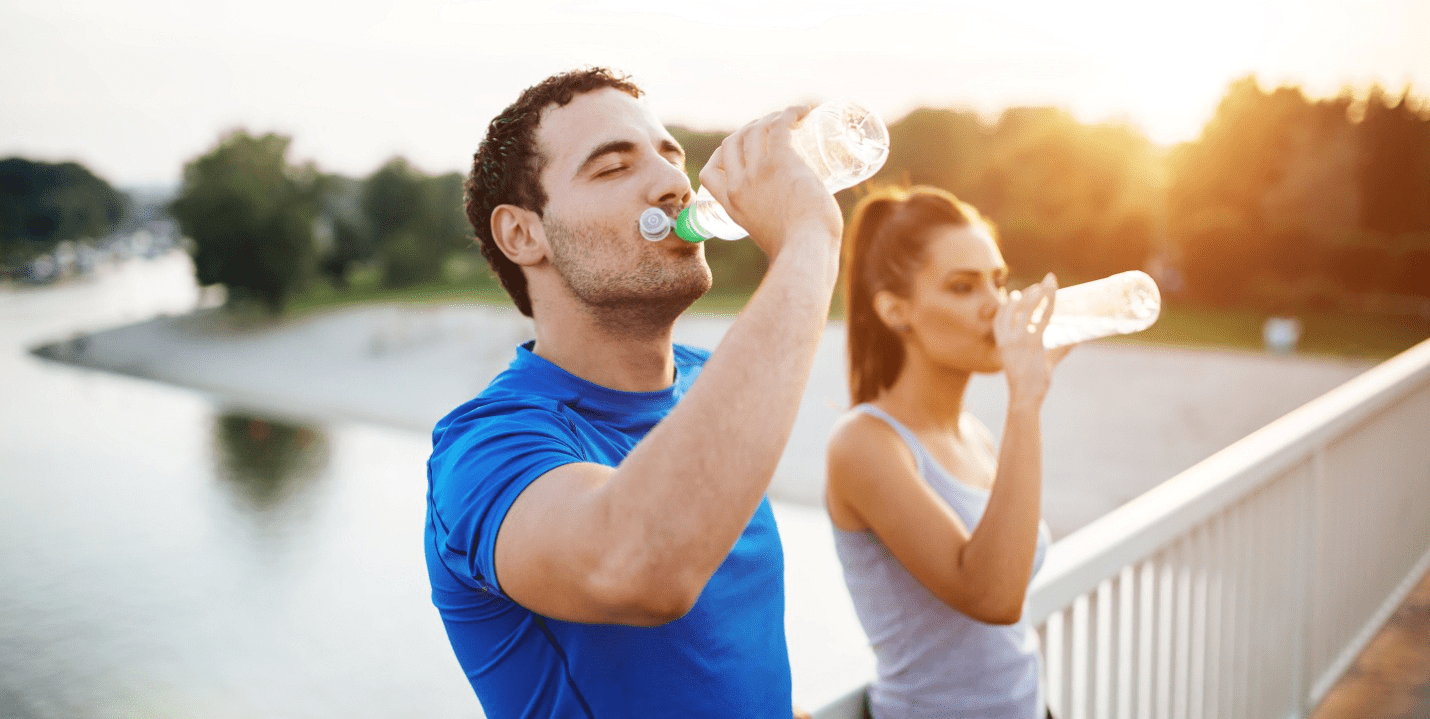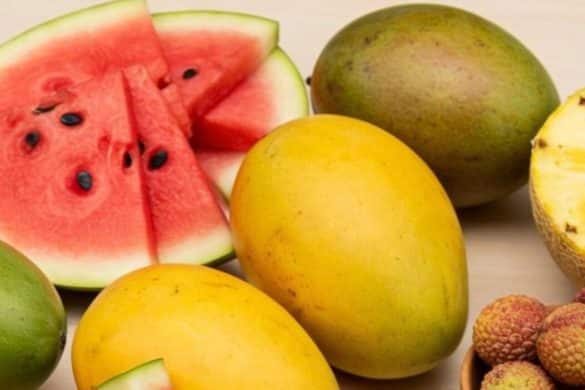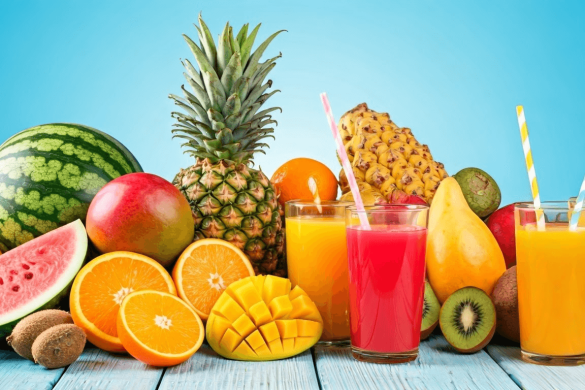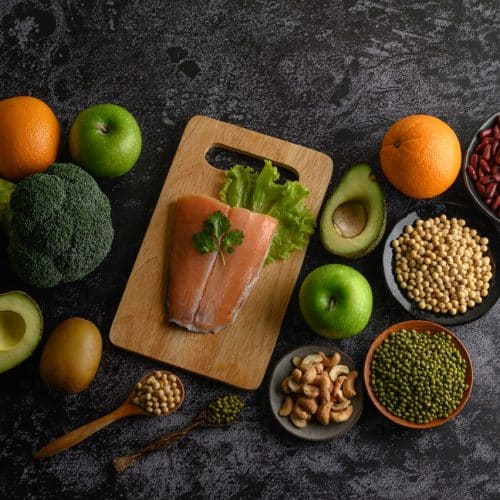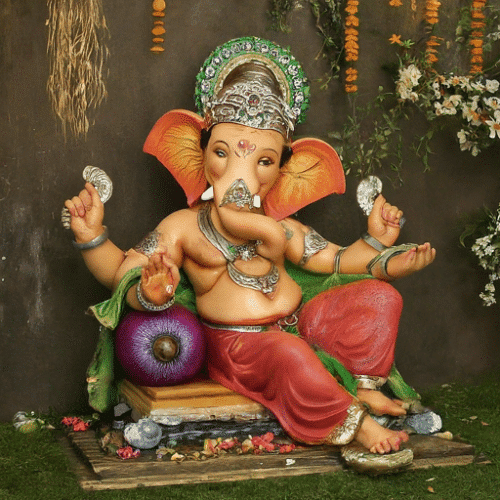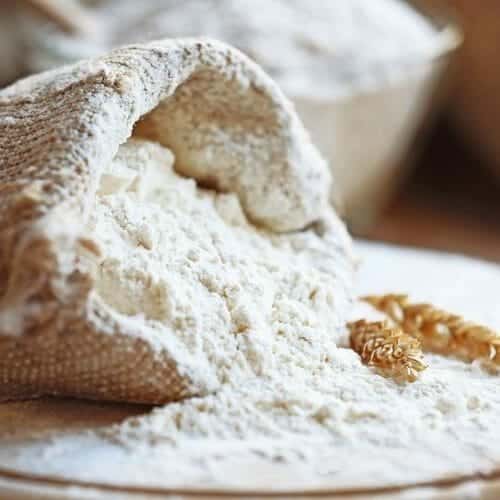Do you want to know how important it is to stay hydrated? Well, then let us walk you through a little scientific detailing. All human body parts are made up of some percent of water. According to H. H. Mitchell, a human heart and brain is made up of 73% of water, our skin holds 64% of water, while our lungs has 83% of water, our muscles and kidneys are composed of 79% of water and it can be little surprising to you when we say even our bones are 31% watery. That is quite an amount of water, is not it? Yeah, that is the significance of water in a human body. This is why fitness coaches and dietitians put a lot of stress on drinking adequate amount of water every day.
The amount of water that a human being requisite depends heavily on the climatic conditions, the rate of dehydration of the individual, and the intensity of their work out that they follow. However, in a study it is found that an adult human being should drink 2 liters of water per day to regulate the body temperature and to ensure the proper functioning of different systems in the body.
Significance of staying Hydrated:
The nutrients that our cells require for optimal functioning of the body are shipped through the fluids present in our body. Besides transporting nutrients and keeping our body under stable functioning, liquids also play a pivotal role in enhancing our cognitive ability, in keeping our mood swings under control and enable our body to perform at its highest level. Apart from these responsibilities water also offers their assistance in flushing toxins from our body, minimizes the risk of heart attack, encourage weight loss, enhance skin complexion and aids in boosting our energy levels.
According to a study it is believed that staying hydrated can actually keep us away from joint diseases like rheumatoid arthritis. This is because of the nature of water to trim down inflammation and implant cartilage health.
According to several studies carried out in the dieting world it is found that water assists in weight loss and adds to the advantage of dieters. In an experiment carried out on two groups of dieters it is found that the group that had more water consumption in their diet routine than the other was detected to have lost more weight.
What causes dehydration?
Sweat and Urine are the natural process that causes a human body to lose water. But many adults do not intake adequate quantity of fluids and pick up the risk of departing to the dehydrated state. Specifically, during the tropical seasons when the temperature is high it causes people to perspire more and transports them to the dehydrated state. That is the reason why medics and dietitians advice to take in more fluids during the summer season. So basically inadequate water intake, higher perspiration rate and losing more water than the water in took are the major causes for reaching the dehydrated state. Apart from this few medical conditions also can result in dehydration.
Diarrhoea: The most lethal disease when its intensity is high with recorded history of mortalities due to dehydration. The large intestine in the human body sucks up water from the food that we consume but in a patient suffering from diarrhea, the diarrhea thwarts this process from taking place leading to too much of water loss from the body, taking the body to the dehydrated state.
Diabetes: When a human has high sugar levels in blood it leads to frequent urination and in turn it paves way for a lot of water loss from the body.
Frequent urination is also found in the persons with high alcohol consumption and people who take in mediations such as diuretics, antipsychotics, and antihistamines.
Symptoms of dehydration:
Individuals in the initial stage of dehydration will experience thirst, dry mouth and decrease in urine production. The symptoms or warning signs in the next stage will be in the form of weakness in the body, low blood pressure, dizziness, and in case of severe dehydration the urine will be very dark yellow in color and the individual will experience severe head ache, increased heart rate, and unconsciousness.
The best measuring device of dehydration is the change in urine color. If a person’s urine is normal and white in color it indicates that the person is well hydrated. If the urine is mild yellowish in color it means that the person is dehydrated. Immediate water consumption after this stage will hydrate the human body and enable the body to return to the normal state. When the body has lost 10 to 15 percent of the water content in the body it considered as a severe dehydration stage.
Prevention and few tips to stay Hydrated:
It is quite evident and natural that the only thing that can prevent us from getting in to the dehydration state is intake of plenty of fluids and foods that have high water content.
During tropical season avoid strenuous activities as the water loss through sweat will be more. Athletes and people who work out regularly should provide due attention to the water content in their body during summer. It is best to have some sports drink or juice along with water during the work out sessions.
Ensure to drink 2 liters of water every day, in case of being busy at work or on site work, carrying your water with you is the best option.
Add a lot of water content foods to your diet. Fruits like watermelon, orange, pineapple, strawberries and cucumber are rich in water content. Adding them to your diet can be quite helpful to stay hydrated, especially during summer.
Stay away from caffeinated beverages and alcohol as they have the tendency to increase the urine frequency. Particularly, people suffering from high diabetics should forget that a beverage of that kind exist on earth.

